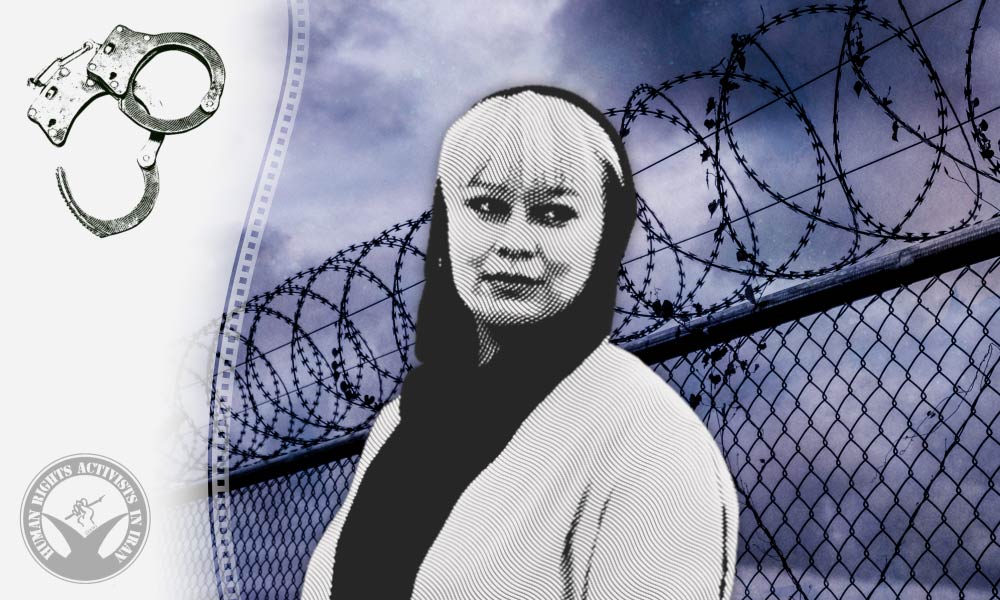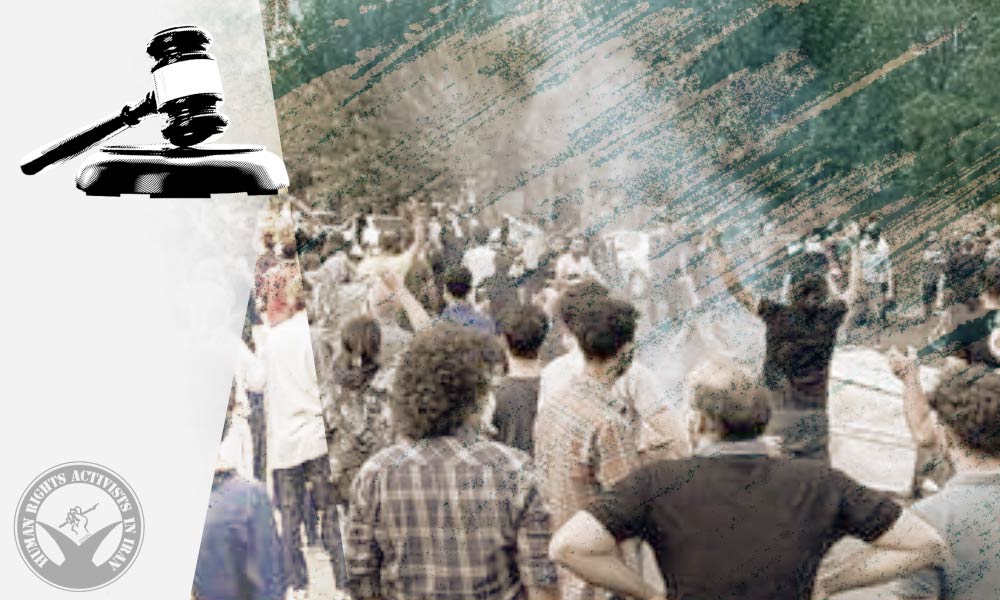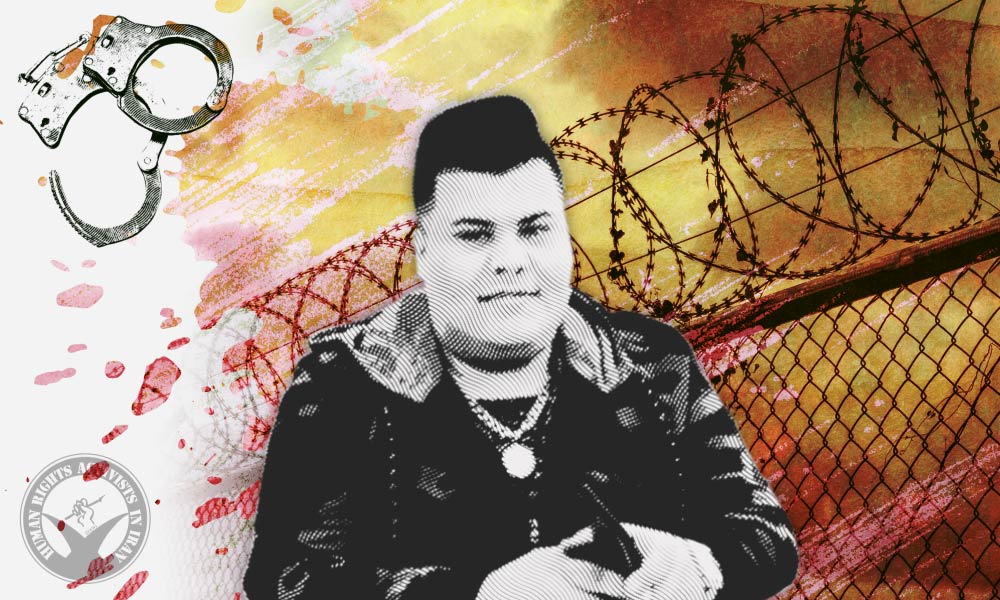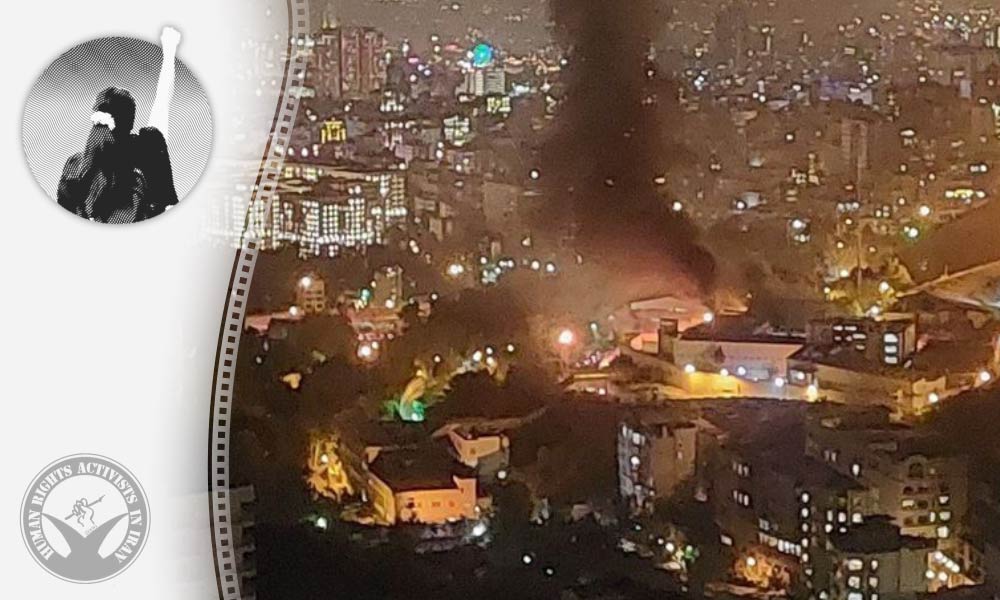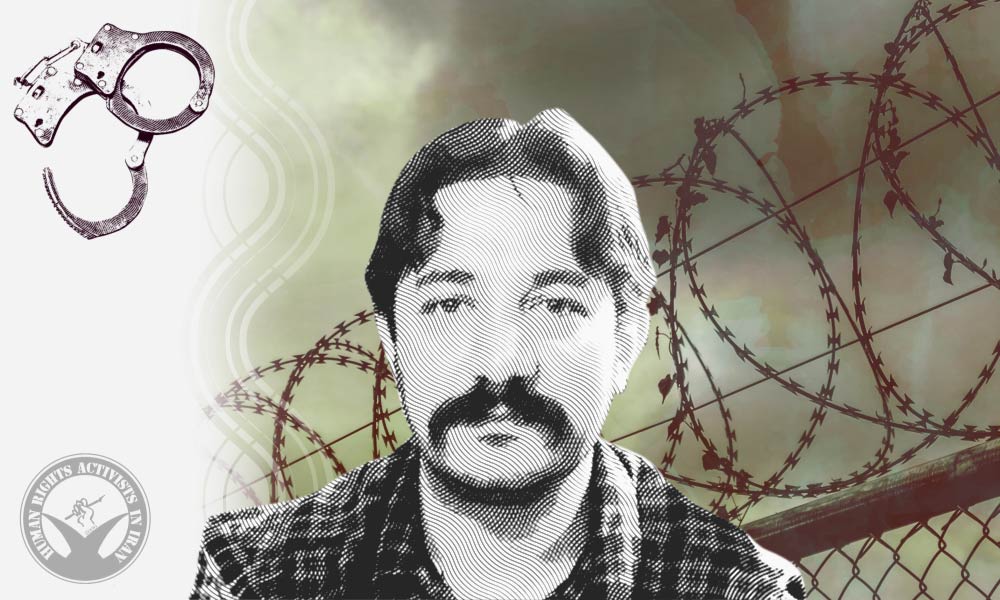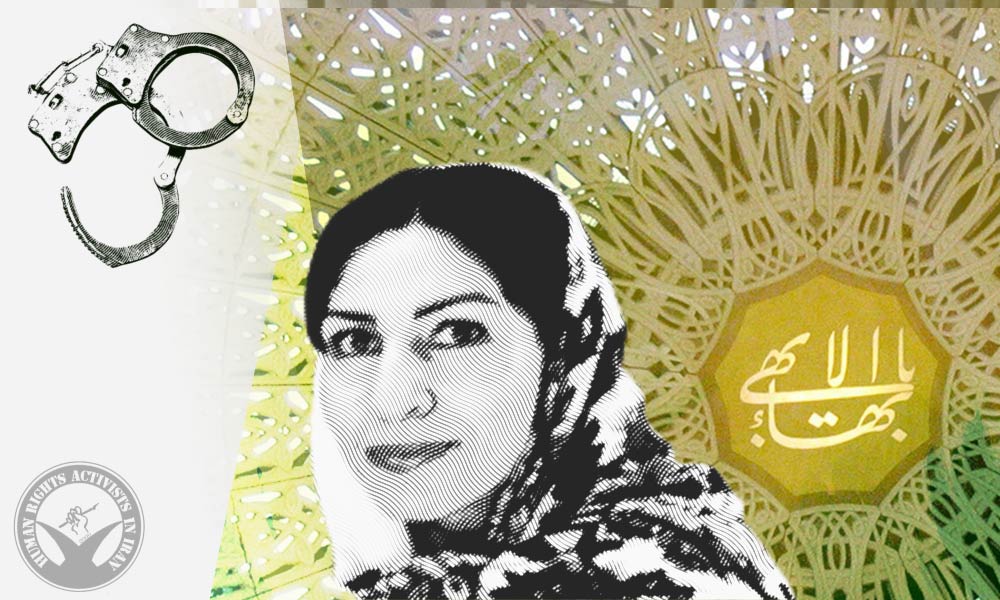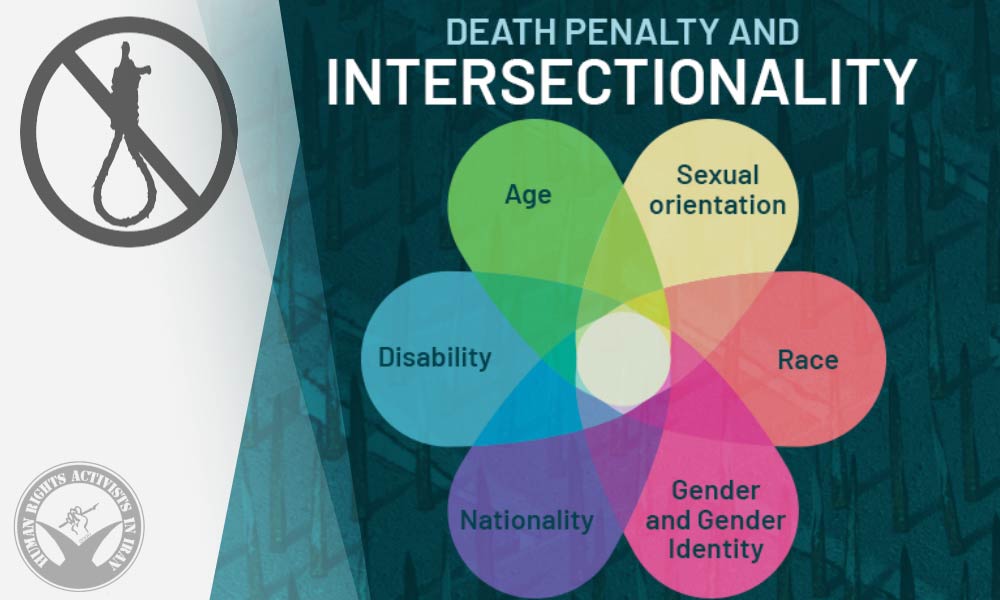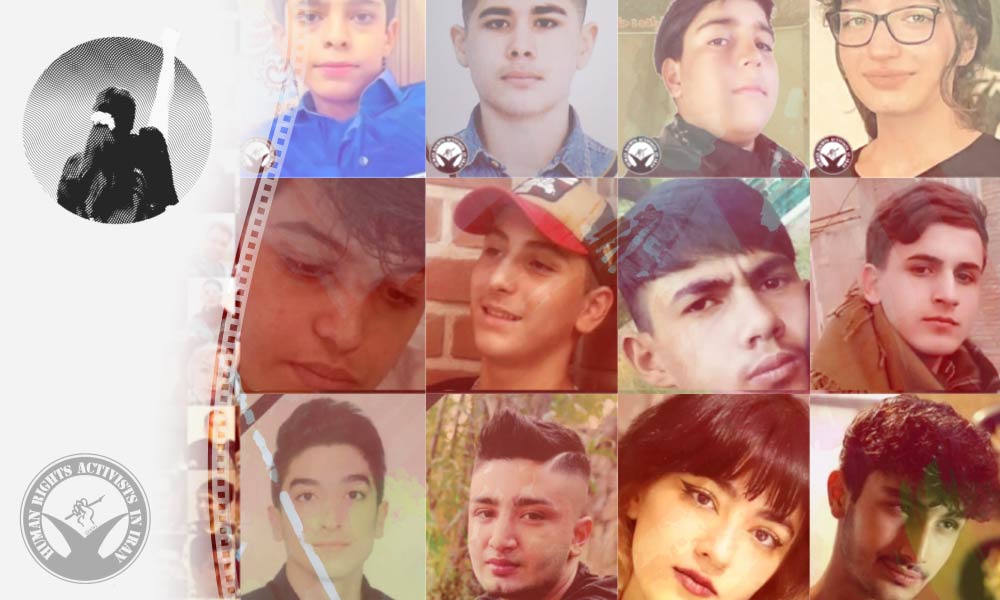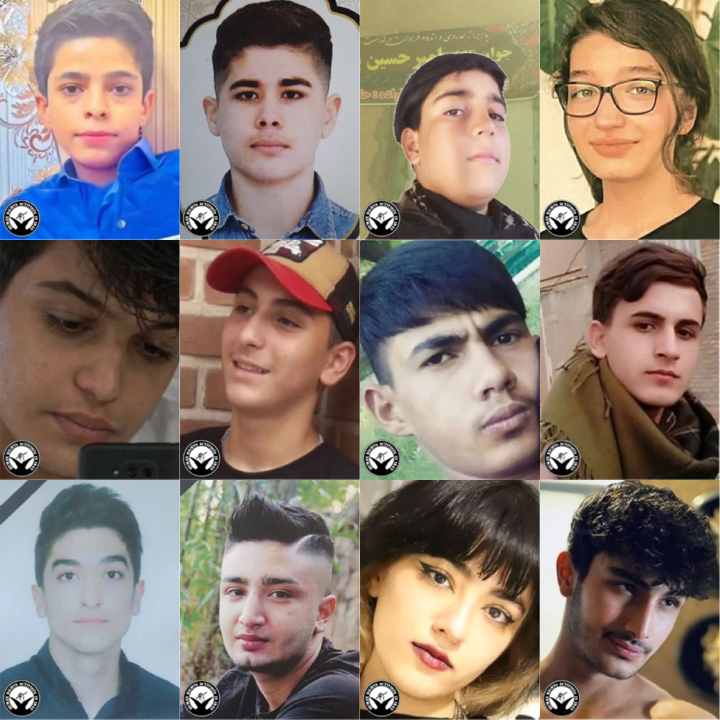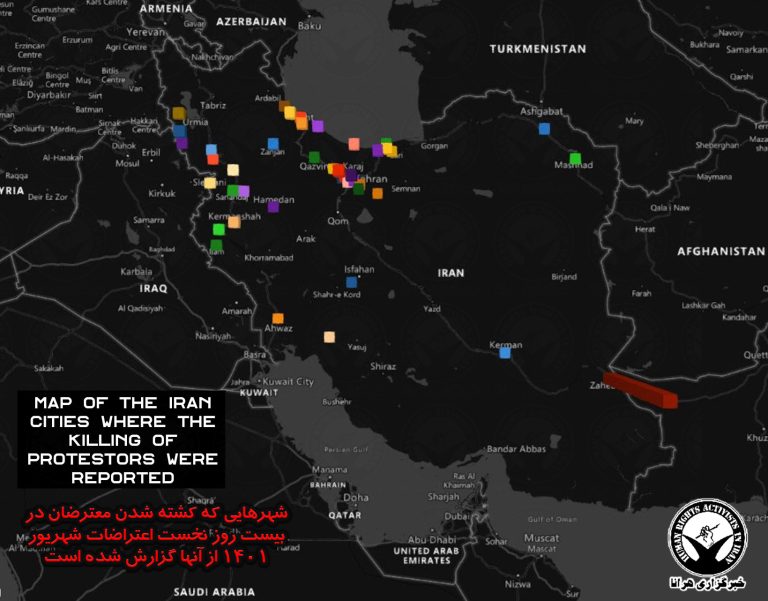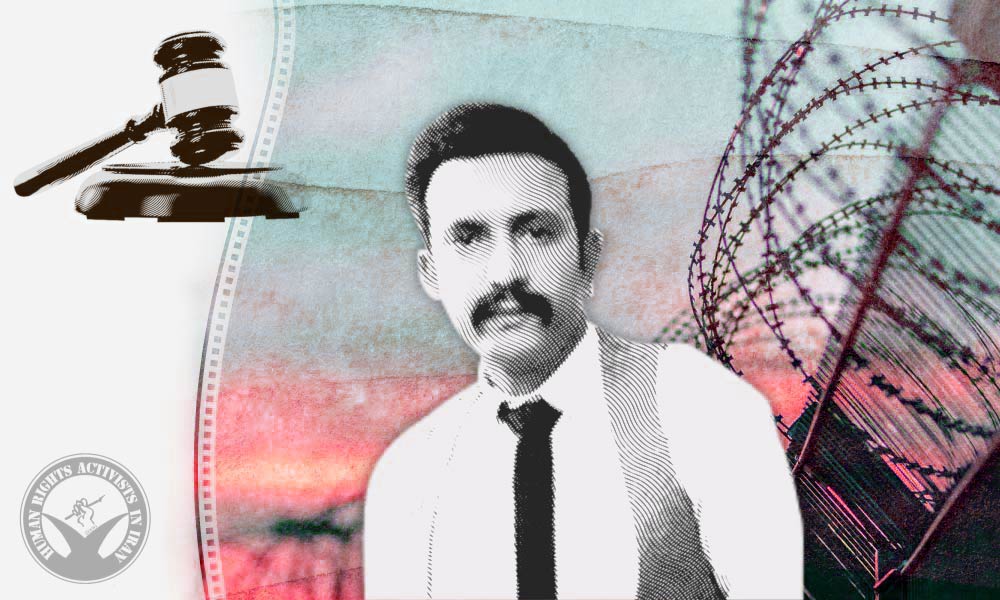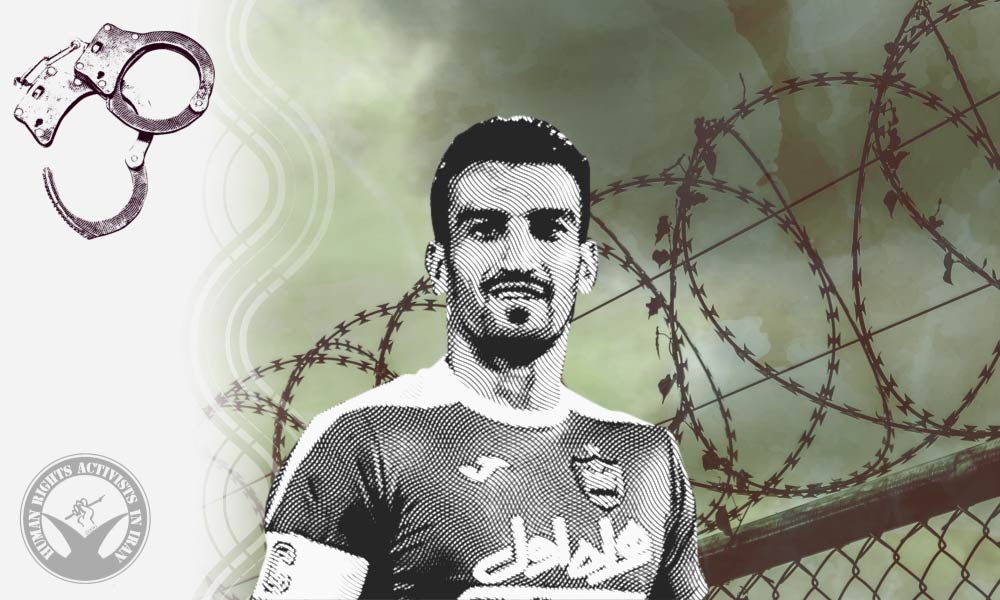On Saturday night, October 15, 2022, a large blaze broke out in a part of Evin Prison, where many political prisoners are housed. Soon after, explosions, gunshots and tear gas were heard from the prison.
Currently, water and gas are cut, and the meals have not been distributed. Many inmates, who were injured by pellet guns, have been denied medical treatment.
Although the actual cause of this incident is still undisclosed and contradictory narratives have been reported, it can be said with some degree of certainty that clashes and fire were broken out in Ward No 7.
Ward 7 is the most crowded ward of Evin Prison, housing 1200 to 1400 inmates who are mainly convicted of financial crimes, the prisoners working in the prison facilities, security-political prisoners and a small number of inmates convicted of theft and drug offenses. Death-row convicted, prisoners of violent crimes and serious drug smuggling are not held in this ward.
In recent days, due to the relocation of some detainees arrested during the recent nationwide protests, the atmosphere of this ward was tense as inmates were shouting slogans last Friday.
On Saturday at 7 pm, before census counts, some clashes occurred in this ward. The inmates of this ward have daily access to the Sewing workshop and cultural building through the basement (passing by Salons no 1 and 2) and the atrium. After 7 pm and daily census counts, the inmates return to their ward, and the doors are locked.
Official media inside Iran claim that just before the census counts, a clash broke out between inmates (convicts of theft and financial offences), causing a fire in the workshop. HRANA obtained reports describing that rather than the workshop, the clash and fire broke out somewhere in the cultural building just before the doors were closed.
When the fire started, the Ward 7 inmates who were trapped inside three buildings (ward 7, the atrium and the cultural building) clashed with the prison guards. Security-affiliated news agencies have made the unfounded claim that the inmates had cold weapons and tried to disarm the guards.
After a violent clash, several inmates could run out of the main entrance of ward 7 to the prison premises. Fars News agency has claimed that these inmates trying to escape the prison entered a minefield on the northern side of the prison and were killed. Other news agencies, however, have dismissed this claim.
Subsequently, the police and security forces joined the prison guards to get the situation under control. First, they used flash grenades, sound grenades, and tear gas to break into the ward. After that, they fired guns at the inmates to apprehend them. They were taken outside and strip searched and beaten.
The fire did not reach Ward 8, the second most crowded ward of Evin Prison, and there was no clash. However, when they began to shout slogans, they were also taken out, beaten and searched. The inmates of Ward 4 also joined the protest. In this ward, reportedly, about 30 tear gases were fired.
The Judicial authorities have announced that four inmates were killed and 61 injured, of which four are in critical health condition. They still repeat their claim that inmates convicted of theft set the workshop intentionally on fire.
Following the incident, many political prisoners have been relocated to other prisons. At least 42 political prisoners have been transferred to Rajai Shahr prison in Karaj.



